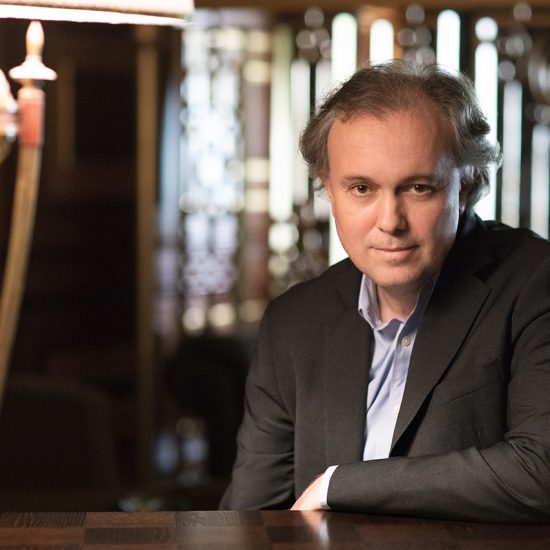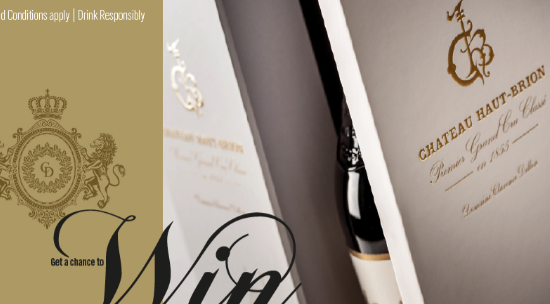
A rare opera by Franz Liszt has been meticulously restored by a senior lecturer at Cambridge University in England.
David Trippett said he discovered the manuscript for the Hungarian composer’s Sardanapale in an archive in Weimar, Liszt’s long-time base in Germany, and spent two years restoring it.
Sardanapale is based on an 1821 tragedy of the same name written by the British poet Lord Byron. Long thought to have been abandoned, it tells of the overthrow of a peace-loving but hedonistic Assyrian king. Trippett plans to premiere Sardanapale at the BBC Cardiff Singer of the World competition, a leading annual event – from June 11 to 18 – in Wales for aspiring opera singers.
So why is this a big deal? Had this been 1849 – the year in which Liszt began to compose Sardanapale – such a question would be entirely redundant.
The world was then gripped by “Lisztomania”, a term coined to describe the fervent fans – mostly women – who flocked to his piano concerts, fainted in their seats and exchanged money for any Liszt-related detritus they could get their hands on.
Broken piano strings were transformed into bracelets; a discarded cigar butt encased in glass was worn around the neck. This was Elvis in Las Vegas meets One Direction. Liszt was the greatest star alive. But today, who still cares about Liszt?
Known primarily during his lifetime as the greatest piano virtuoso, all we have left are his scores. Bombastic and fun, his Piano Concerto No 1is a firm favourite in the concert repertoire. The second is rather more nuanced. And super fans will also be familiar with solo recital works such as Hungarian Rhapsody No 2.
Liszt churned out so many pieces that many of them remain obscure. Yet, they reveal a supremely creative mind. A man at the cutting edge of innovation and even, towards the end of his life, anticipating the future heralded by Claude Debussy and Béla Bartók. It will be fascinating to see how this visionary approaches opera.
Yet, opera is more than clever harmonies and some interesting scoring. It’s about drama and personalities. There is a psychological landscape that needs to be plotted and the characters must be believable.
This requires a special skill, one in which arguably only a dozen composers, including Wolfgang Amadeus Mozart and Benjamin Britten, have truly excelled. Is Liszt up to scratch?
He wrote 72 pieces, many of which went unpublished in his lifetime. But Liszt was the inventor of the tone poem (or symphonic poem). These one-movement works for an orchestra were new in being inspired by extra-musical narratives or moods (in contract to “absolute” music, which stands for itself).
They often describe a psychological drama and include musical effects, such as the “sound” of rolling hills and swords clashing.
Liszt’s first 12 were written between 1848 and 1858 – the same period from which the Sardanapale score derives – and include Prometheus, Hamlet and Orpheus, although, with the exception of Les préludes, none have entered the standard repertoire.
Perhaps, there is a good reason why Liszt chose not to complete Sardanapale.
It is fascinating when an unfinished work of a great composer is polished for the modern era. But arguably there is a difference between scores left unfinished due to a composer’s death and those which the composer chose to discard.
And why did Liszt choose to discard Sardanapale? Musicologist Kenneth Hamilton suggests it was Richard Wagner’s influential essay Opera and Drama, which, after reading, led Liszt to conclude that his score was already old hat.
Either way, it will be fascinating to find out if he was right.
* Additional reporting by AFP








